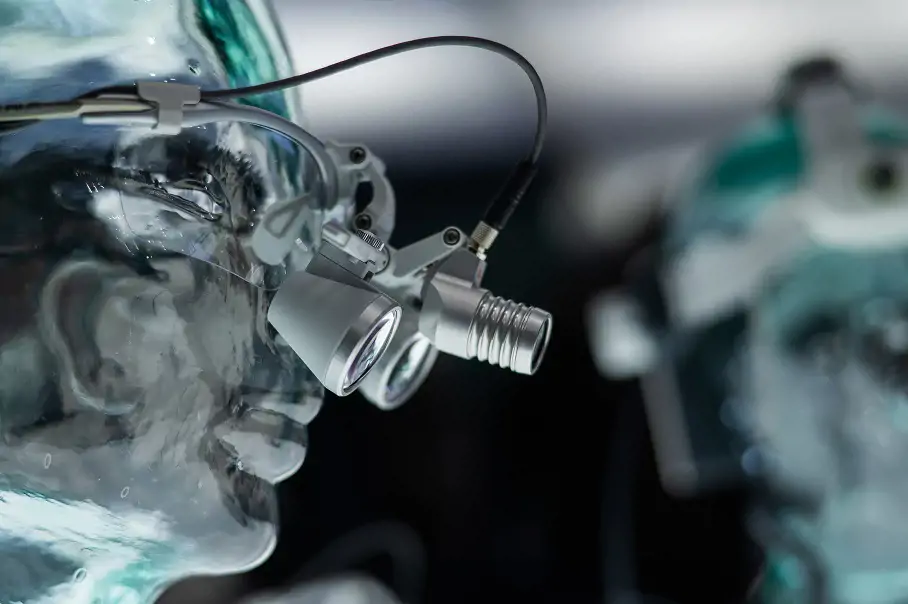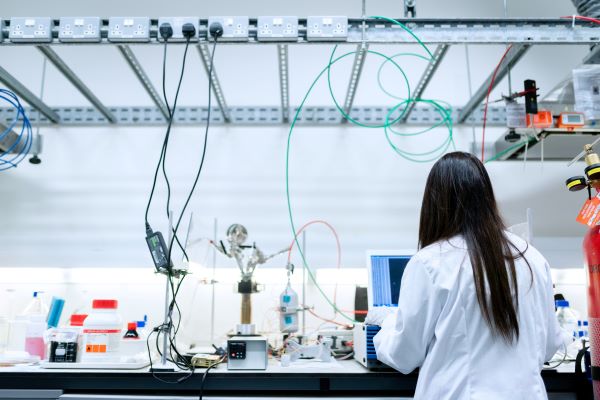
Quick CV Dropoff
Send us your CV

The intersection of technology and biology, embodied in the field of automation engineering within the life sciences, presents a dynamic and rapidly evolving career path. This comprehensive guide aims to navigate the journey of becoming an automation engineer in this specialised area, highlighting the unique roles, essential skills, educational pathways, and career prospects.
Automation engineers in the life sciences are at the forefront of technological innovation, focusing on automating biological and medical processes. Their work spans across laboratory automation, drug discovery, clinical diagnostics, and biotechnology manufacturing. The primary goal is to enhance efficiency, precision, and productivity in research and production environments, which is crucial for advancements in healthcare and medicine.
To excel in this field, an automation engineer needs a blend of technical and industry-specific skills. A deep understanding of biotechnology processes and laboratory practices is crucial. Familiarity with regulatory requirements in pharmaceuticals, biotechnology, and healthcare is also necessary. Proficiency in specialised software used in life sciences, such as laboratory information management systems (LIMS) and bioinformatics tools, is important. Strong data analysis skills, particularly in the context of biological research, are essential.
While a general engineering background is beneficial, a degree in biomedical engineering, bioengineering, or a related field is particularly advantageous. These programs often include coursework in biology, chemistry, and biotechnology, along with engineering principles. Pursuing certifications specific to biomedical or life sciences automation, such as those offered by the International Society for Automation (ISA), can also be valuable.
Internships in biotech companies, pharmaceutical labs, or research institutions are crucial for gaining hands-on experience. These opportunities allow aspiring engineers to work on real-life automation projects in the life sciences, providing insights into the specific challenges and technologies of the field.
Entry-level roles might include positions like laboratory automation engineer or junior bioengineering specialist. With experience, professionals can advance to roles such as biotech automation project manager or lead engineer in pharmaceutical manufacturing.
Familiarity with laboratory automation systems, robotic handling systems, and specific software for data analysis in life sciences is essential. Keeping abreast of advancements in biotechnology and medical devices is also crucial.
Emerging trends include the integration of AI and ML for predictive modeling in drug discovery, advanced robotics in laboratory settings, and the increasing importance of data analytics in personalised medicine.
The life sciences industry is rapidly adopting new technologies. Automation engineers must stay informed about the latest trends, such as the use of AI for drug discovery and the development of more sophisticated robotic systems for laboratory automation. The integration of big data analytics and machine learning algorithms is transforming the way biological data is analysed and used for decision-making in research and development.
AI and ML are revolutionising the field, enabling more sophisticated data analysis and decision-making processes. Automation engineers in life sciences need to be familiar with these technologies to design systems that can leverage AI for predictive analytics, pattern recognition, and process optimisation.
To remain relevant in this fast-paced industry, continuous learning and adaptation are key. Automation engineers should engage in ongoing education and professional development, attend industry conferences, and stay updated with the latest research and technological advancements.
A career as an automation engineer in the life sciences industry is filled with unique challenges and rewards, requiring a blend of technical expertise, deep understanding of biological processes, and a commitment to continuous learning. If you're inspired to pursue this dynamic career path and contribute to advancements in healthcare and medicine, we're here to help. Contact us at Catalyst Careers to find your dream job in this exciting field. Our expertise and connections in the industry can be the key to unlocking your full potential as an automation engineer. Start your journey today and let us guide you to a fulfilling and successful career in life sciences automation.